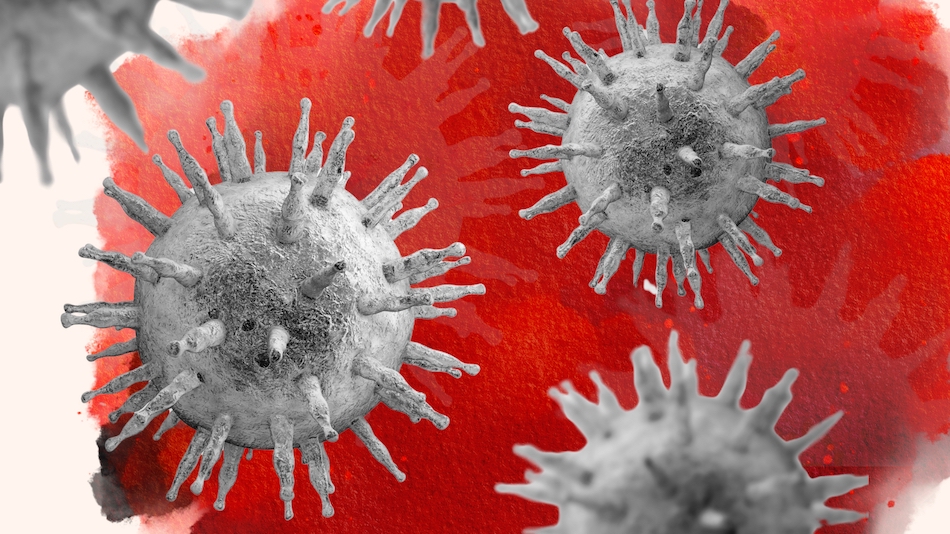Rachel Helms, Ph.D., a Postdoctoral Fellow in the Rao Lab at La Jolla Institute for Immunology (LJI), has been awarded a prestigious Irvington Postdoctoral Fellowship by the Cancer Research Institute (CRI), which supports young scientists performing cutting-edge research in tumor immunology at leading research organizations around the world. Helms will use the 3-year support from the CRI to study the mechanisms that control hematopoietic stem cell self-renewal to maintain immune cell development and function, and to identify novel immunotherapy targets for the treatment of cancer.

LJI Postdoctoral Fellow Rachel Helms, Ph.D.
Helms fell in love with immunology early. “I took an immunology class and I thought every topic in the field was just so fascinating,” says Helms. “Immunology is a relatively young field; there are still so many open questions about the immune system. It is involved in many diseases and even in processes that we thought were purely developmental turns out the immune system still has a role.”
Her experience doing research in a tumor immunology lab as an undergraduate solidified Helms’ decision to pursue a Ph.D. in Immunology. She went on to study how to improve T cells’ effector function for potential immunotherapeutic interventions. When she joined the Rao Lab as a postdoctoral fellow, Helms decided to study what goes wrong when it is immune cells themselves that are causing cancer. This side of immunology was “still the same land, but a very different perspective,” Helms says.
Effective cancer immunotherapies marshal the immune system to eliminate tumor cells. Unfortunately, immunotherapies are very limited in cases where the immune system itself gives rise to cancer. And that’s where Helms’ CRI project comes in.
Helms plans to study the mechanism that leads to aberrant hematopoiesis and eventually gives rise to cancer to identify potential intervention points. Helms is particularly interested in the role of TET2, a gene identified by the Rao Lab as a critical regulator of proper immune cell development—capable of preventing blood cancers. TET2 is commonly mutated in many blood cancers, and TET2 mutations within blood cells of otherwise healthy individuals increases their risk for cancer.
“Despite these striking clinical observations and our understanding of TET protein function, we still have much to learn about the molecular mechanisms by which TET2 regulates immune cell development and constrains uncontrolled self-renewal of hematopoietic stem cells,” says Helms. She hopes that by uncovering the early tumor-initiating events, she will not only expand our understanding of a critical immuno-regulatory checkpoint but may also identify novel immunotherapeutic targets for the treatment of hematologic malignancies.
Learn more:
LJI Center for Cancer Immunotherapy



